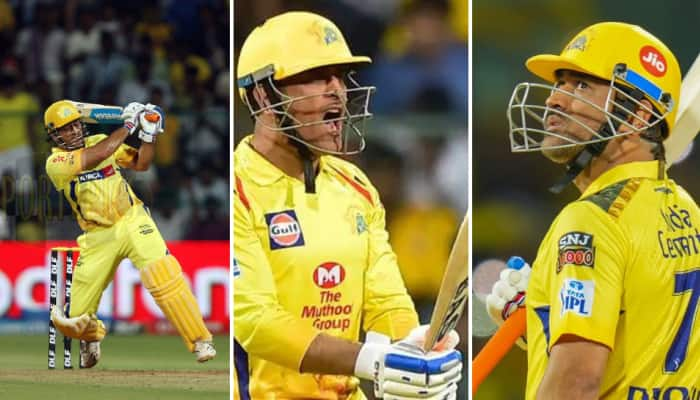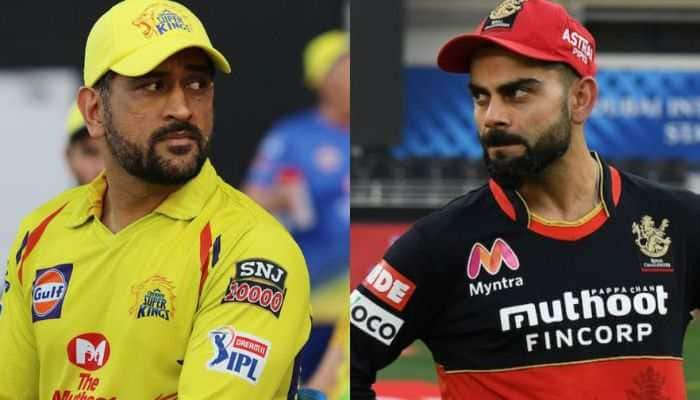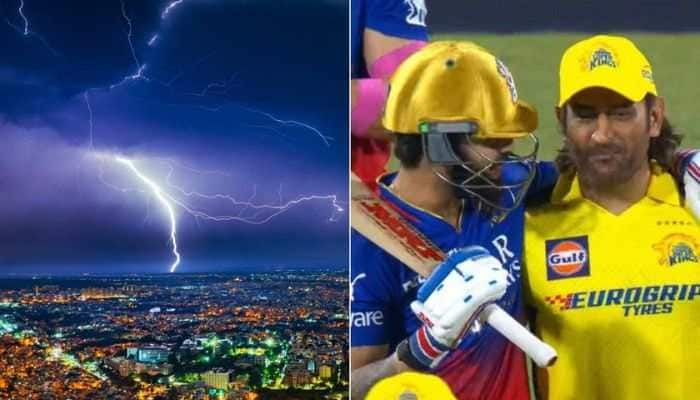Will Uttar Pradesh politics change post Muzaffarnagar riots?
UP is a politically volatile state and it is also a state where religion and caste factors play a major role in determining the outcome of any polls.
Trending Photos
Zee Media Bureau/Manisha Singh
New Delhi: It is a fact which cannot be denied - Uttar Pradesh is a politically volatile state and it is also a state where religion and caste factors play a major role in determining the outcome of any elections.
The riots which hit Muzaffarnagar in western UP recently, killing more than 35 people have once again brought to the fore the fault-lines in the state. The story unfolded in the village of Kawal, where it is said that two Jat brothers killed a Muslim boy who was stalking their sister in the last week of August. Later, they were lynched to death and an incident which was probably that of crime took the shape of a full-blown communal violence.
On the other hand, even as the fire of communal tension was burning, a meeting was called by religious leaders and politicians in Muzaffarnagar, in which it is alleged, local leaders from the Congress and Bahujan Samaj Party took centre stage and incited communal violence. Meanwhile, the Bhartiya Janata Party is also being accused of instigating violence at a congregation of thousands of Hindu farmers.
Predictably, the blame game after the riots has started. The ruling Samajwadi Party is being accused of not paying heed to the alerts by the Centre that riots could take place. It has also been accused of failing in its responsibility in curbing the violence and putting a break to the communal flare-ups in the state in order to polarise votes, with an eye on 2014 General Elections.
Congress has time and again said that the SP and the BJP were hand-in-gloves and were trying to vitiate the atmosphere in the state. Whatever, the truth may be, it is being debated that politics over the riots will only escalate now and all the major political parties will try to use the incident to consolidate their vote banks.
It is also being said that the recent communal flare-ups in UP may work in favour of the BJP and strengthen its Hindu vote-bank in the state. In the last Assembly elections in UP, the BJP did not do well and if it hopes to come back to power in the next Lok Sabha elections then they probably have to do well in the Hindi heartland. It will not be easy to snatch the voters from the SP and the BSP.
The BJP would be hoping that the Jats, who have been loyal to Ajit Singh’s Rashtriya Lok Dal (RLD) for a long time, warm up to them. Minority Affairs Minister Azam Khan has accused the Jats for instigating violence and raising provocative slogans at the `Bahu Beti Sammaan Bachao Mahapanchayat`.
Meanwhile, the RLD chief Ajit Singh has termed the riots as match-fixing by the SP-BJP combine and has accused the Akhilesh Yadav government of playing communal politics. Though he is certain that the Jats will continue to vote for the RLD, one can never be sure how things will pan out. Jats can swing the tide in the districts of Bijnor, JP Nagar, Muzaffarnagar, Meerut, Baghpat, Ghaziabad, GB Nagar, Mathura, Agra and Aligarh.
On the other hand, the Samajwadi Party with a strong Muslim vote-bank will leave no stone unturned to allay the fears of the minority community, even though it has been blamed by the particular community for having failed to protect them. And as far as the BSP is concerned it is leaving no stones unturned in hitting at its bitter rival, the SP.
Thus, there is no doubt that politics in Uttar Pradesh will only get heated up as the General Elections 2014 draws close. As they say – the countdown has begun.
Advertisement
Live Tv
Advertisement







)
)
)
)
)
)
)
)
)
)
